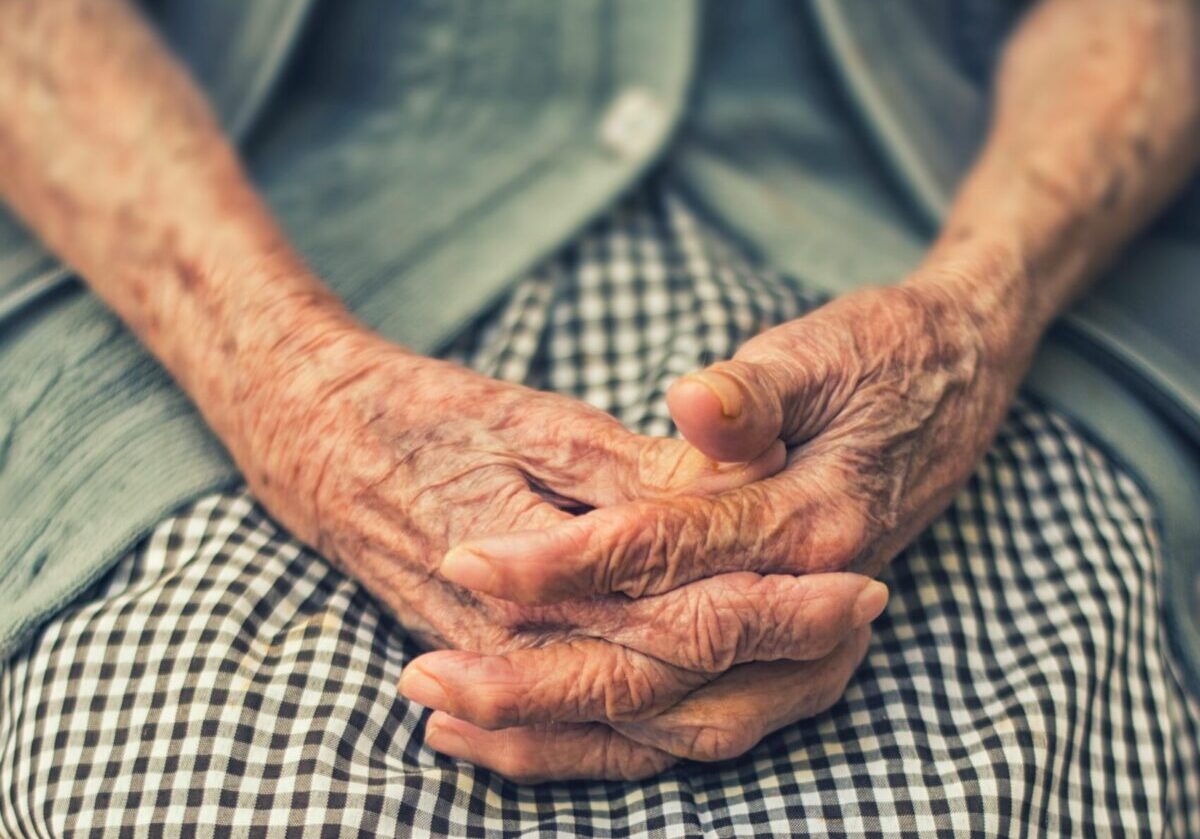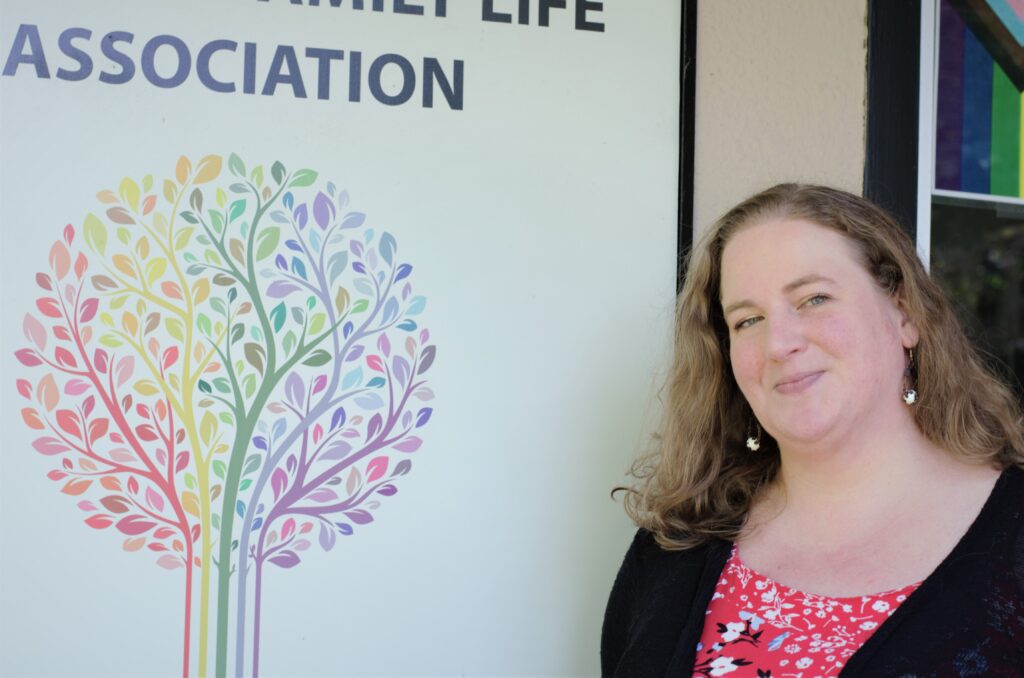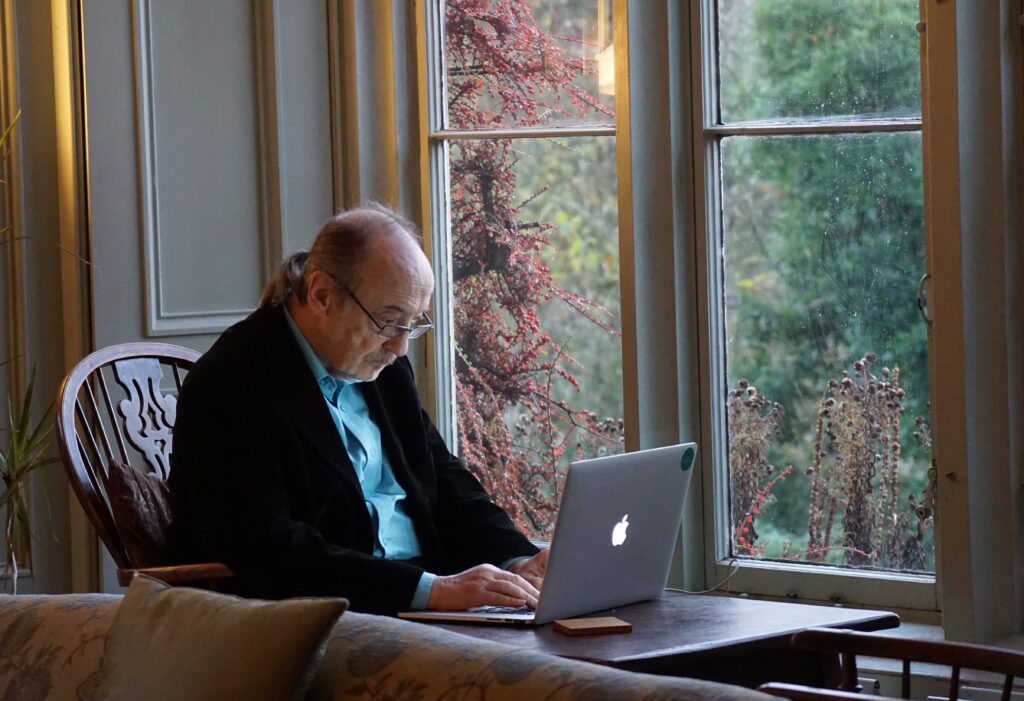
Fostering space to celebrate the Golden Years
When it comes to the Golden Years many seniors find it a time of stress and anxiety rather than one of retirement and enjoyment
SHINE is part of the Good Neighbour series where we share the stories of individuals and agencies who are impacted by homelessness – the individuals at risk of homelessness, the souls who have experienced homelessness and are seeking a way forward, and those who are the “hidden homeless.”
No one chooses to be homeless. No one hopes to find themselves living on the edge – wondering if they can afford food or rent, searching for a safe place to sleep at night, finding somewhere to settle.
Everyone has a voice. Everyone has a story. Everyone matters.
We don’t usually expect to struggle when we get older and retire – this is meant to be a time when we can enjoy the Golden Years of our life. However, for many seniors those years are filled with stress and worry as they face uncertainty in a world that doesn’t always remember to take their needs into account.
“Our entire purpose is to help seniors with the barriers to finding and maintaining safe and healthy housing,” says Kirsten Brooker, housing navigator for SHINE (Seniors, Housing Information and Navigation Ease) at Nanaimo Family Life Association.

Overcoming the barriers to finding housing
One of the first hurdles many seniors must conquer is bureaucracy and unfamiliar technology. “Information is difficult and there are digital barriers,” explains Kirsten. Digital barriers can be as simple as, ’I don’t have a computer and never used one’ to ’I don’t know how to’. Some know how to use e-mail but went to a website and found it overwhelming and confusing. Even the costs of having internet can be overwhelming, especially when they don’t have anyone to help them figure out what’s safe and what’s not safe. We sit down one-to-one with the senior and help them.”
Even phoning has become a barrier. In their younger days, seniors were used to phoning someone and having a conversation regarding their needs. Today, they have to navigate a phone tree to speak to someone, as well as up-to-date information. “I have a client with a brain injury who called the Government of Canada. They needed to know seven years of history, which they aren’t able to provide.”
Digital barriers are only one of the challenges seniors face when it comes to housing though. As Kirsten says, “number one is affordable supply.” Most of the seniors who come to SHINE for assistance are on fixed incomes and can’t afford current rental rates.
A lack of housing options
“It’s just a hard reality that most of our clients have received notice because their landlord has intended to occupy or sell the place,” says Kirsten. “So, they get 60 days before they’re out. It is almost impossible to set up a new home in 60 days. If they’re applying to BC Housing, it’s a two-month processing time right now for new applicants. So, if they were served a two-month notice, they will already be unhoused by the time BC Housing even sees their name.”
The processing time wasn’t always this long. When Kirsten first started, that time was two weeks. Over the years, it has just gotten longer as demand has increased.
Seniors typically also need help with filling out the application, making the process for them that much longer.
When it comes to Vancouver Island, there are also few affordable housing options for seniors. If they need any kind of supportive housing that is subsidized or affordable, they have to leave the region, their communities, and their support system.
The hidden homeless
“One of the biggest things I’ve run into is that so many of our clients are either unhoused or very soon to be unhoused.”

Kirsten sees more and more clients about to lose their home. “Not only do we not have enough shelter beds in our city, but the atmosphere is completely foreign to these folks. It’s so hard to explain the level of stigma and how it affects them, even reaching out for support.”
As they become desperate to find housing, many seniors are taken advantage of with scams and unsafe housing. From a gentleman who was scammed out of money while in hospital with the promise of an apartment in Ladysmith, to the unsavoury propositions made to women of all ages seeking a space to live, finding housing can be very precarious for vulnerable seniors.
The mythology of those experiencing homelessness
Many believe that those experiencing homelessness, or those who are at risk, have done something that caused their situation. The reality is far more complex and deeply rooted in our own fears and biases. As Kirsten points out, “We’re not acknowledging that we are not all starting off on equal footing.”
Hardships can take shape when there is intersectionality, marginalization, generational trauma, racism, and domestic violence. Staying in unsafe situations becomes a normality for many individuals when they have little options or choices.
“One thing I hear from people that is incredibly frustrating is, ’why didn’t they plan?’ How do you plan for a brain injury? How do you plan for tragedy? That’s the reality. We could all be in a shelter within a month with the right accident happening.”

Helping as best we can
The barriers and challenges sometimes seem daunting, but there are always those who will help and resources available to those in need.
“We have great programs through United Ways and Reaching Home that have had a huge positive impact on our community but it’s, unfortunately, only able to support the fraction of the issue. What we’re seeing right now on our streets socially is the tip of the iceberg. We need more. We need more programs that support seniors one-to-one.”
It is apparent to all that the need exists, and so many can only focus on the problems. Actions are being taken by all levels of government, but change and solutions to an issue of this magnitude take time. So while the response to the problem takes shape through policy channels, community agencies like United Way BC continue to provide the services and assistance so desperately needed in communities.
Funding to agencies through The Government of Canada’s Reaching Home: Canada’s Homelessness Strategy, administered by United Way British Columbia on behalf of Community Advisory Boards, help seniors and agencies like in our local communities.